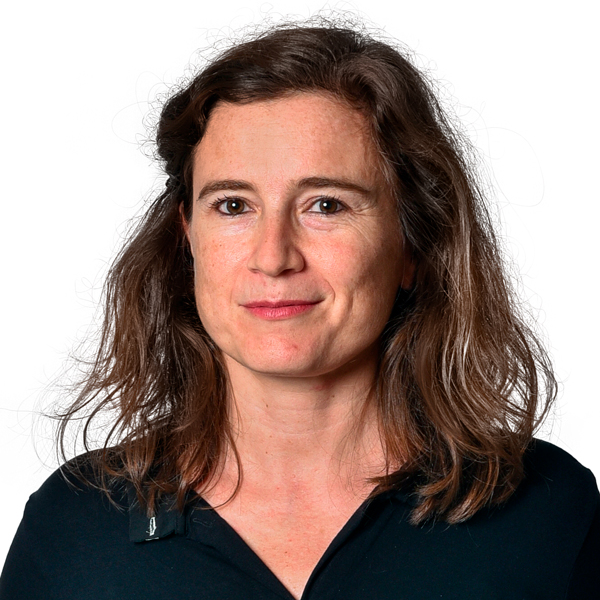The UOC's academic journals and the recipe for visibility
Subject: Multidisciplinary
Aina Borràs, the guest speaker at the UOC's 3rd Scientific Publishing Seminar, presented a number of formulas for increasing the visibility and impact of the research published in academic journals
On 14 March, the Tibidabo centre hosted the UOC's 3rd Scientific Publishing Seminar, organized for the editors of the UOC's academic journals. The main course of a rich and varied menu was the talk given by Aina Borràs, who is currently an editor for Web of Science. Her presentation provided the starting point for analysis, reflection and debate among the professionals attending the seminar.
"Quantitative and qualitative leap"
The event was opened by Dr Marta Aymerich, Vice President for Strategic Planning and Research. Aymerich reaffirmed the "quantitative and qualitative leap" made by the UOC's journals and highlighted the expansion of their academic network around the world: a total of 1,253 articles and almost 1,800 authors, from 56 countries. She also drew attention to the effort made by the UOC to ensure gender equality in the journals' teams: 44% of the authors, reviewers and editorial team members are women.
1,253 articles and almost 1,800 authors, from 56 countries
The recipe for visibility
As a channel for generating awareness of the University's expertise, the academic journals' editorial teams work to increase their articles' visibility and impact, in line with the UOC Strategic Plan. Accordingly, the seminar focused on the post-publication phase and content dissemination.
- In her capacity as an expert on the matter, Mari Vállez, from the UOC Library, explained the main actions that have been undertaken to ensure that the contents reach the greatest possible number of readers. These include open-access publishing, cultivating digital identity, disseminating contents and taking into account Academic SEO criteria.
- Subsequently, Ms Borràs gave some general and specific recommendations for each of the journals.
As her first point, Borràs stressed the importance of strategic planning on social media, although, as she pointed out, "it's only necessary to be there if there is a reason to be there". She also highlighted the importance of looking at analytics in order to offer relevant information to followers, growing your digital community, and meeting the goals you have set.
Search engines are the gateway to our contents; if the gate isn't wide open, it won't be possible to find them
In addition, Borràs gave advice on how to position the journals' contents on the Web, such as the use of friendly URLs and tags: "Search engines are the gateway to our contents; if the gate isn't wide open, it won't be possible to find them". Once again, she underscored the importance of continuous assessment, with tools such as Google Analytics, to obtain vital information for defining communication strategies, or using the trial and error method on the actions taken to see if they give the desired result.
The editorial managers of the journals Artnodes, BID, Dictatorships and Democracies, Digithum, ETHE, IDP, Mosaic and Oikonomics contributed their expertise in increasing visibility and internationalising the scientific publications.
Sharing to improve
Maria Boixadera, coordinator of the UOC's academic publications, highlighted the meeting's importance as a starting point for developing the communication plan for the UOC's journals.
The seminar closed with a debate, moderated by Elsa Corominas, coordinator of the Scientific Publishing Seminars and executive editor of the journal ETHE. Best practices were shared on content dissemination and editorial processes. Ciro Llueca, director of Library and Learning Resources at the UOC, concluded the event by announcing the next seminar, which will be held in October and will focus on open access.


